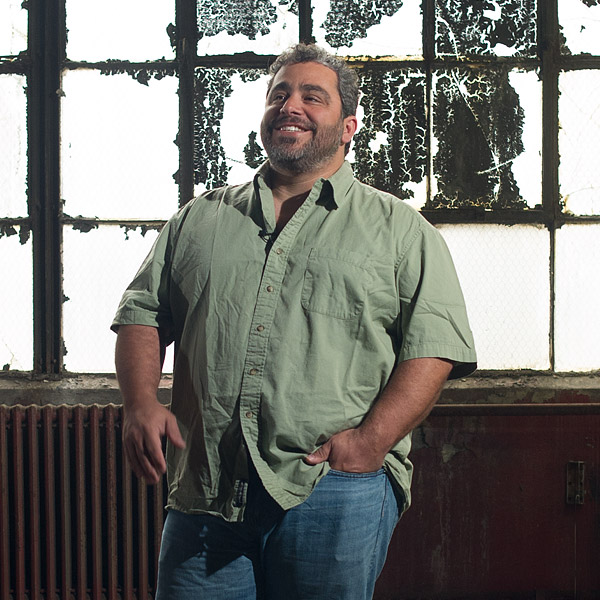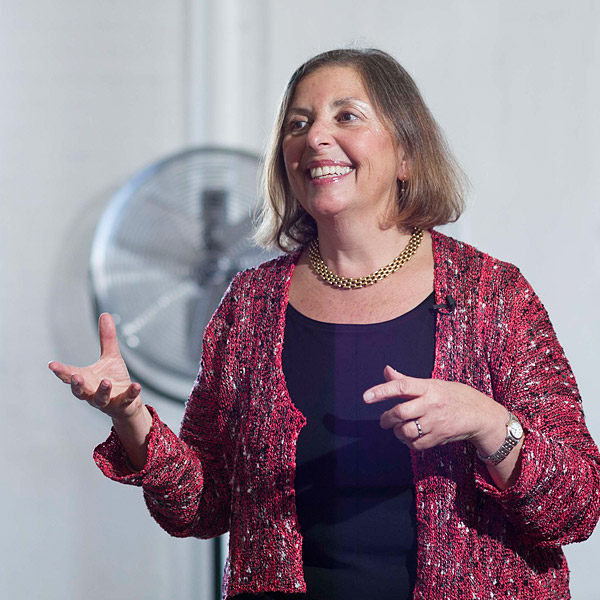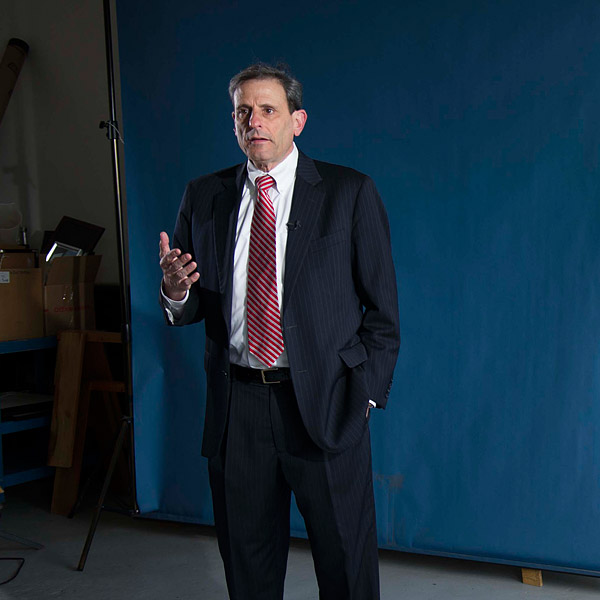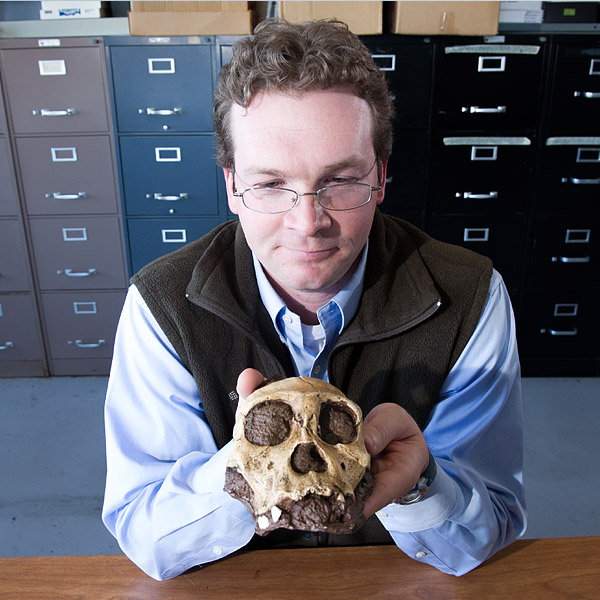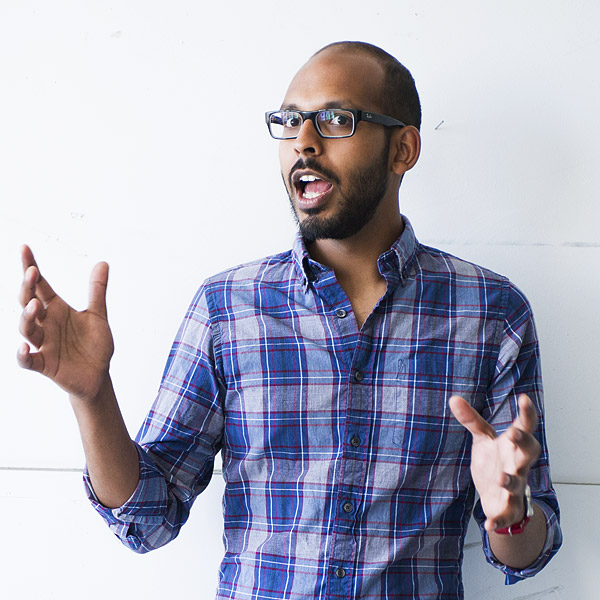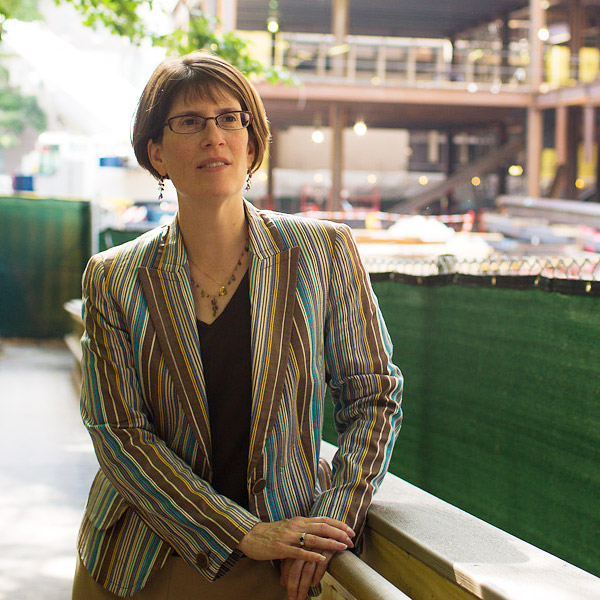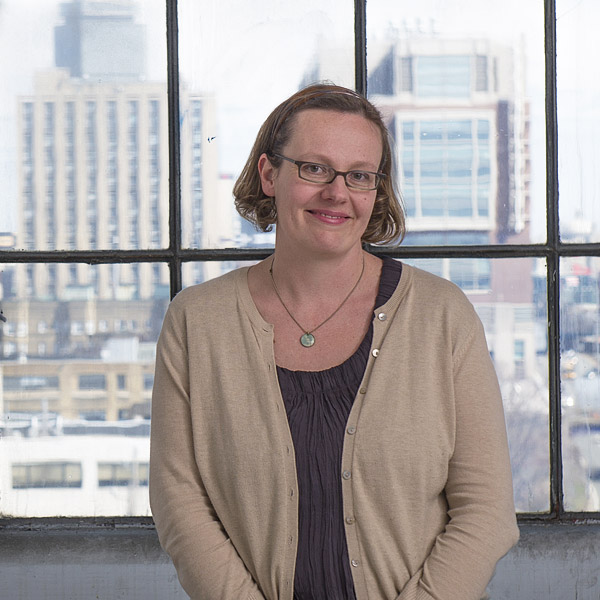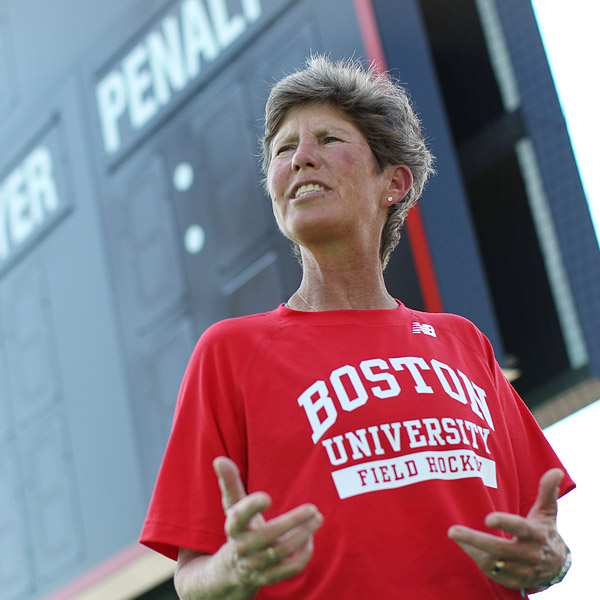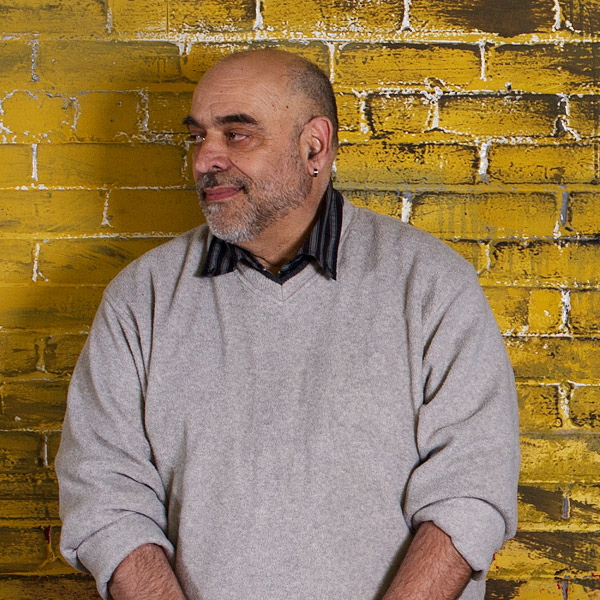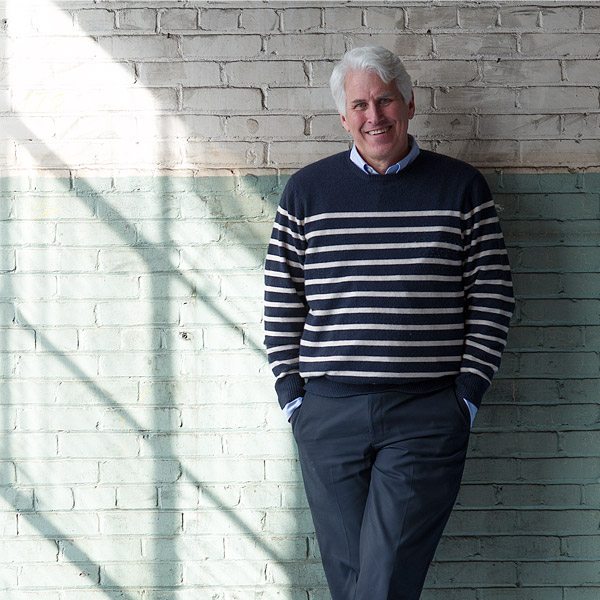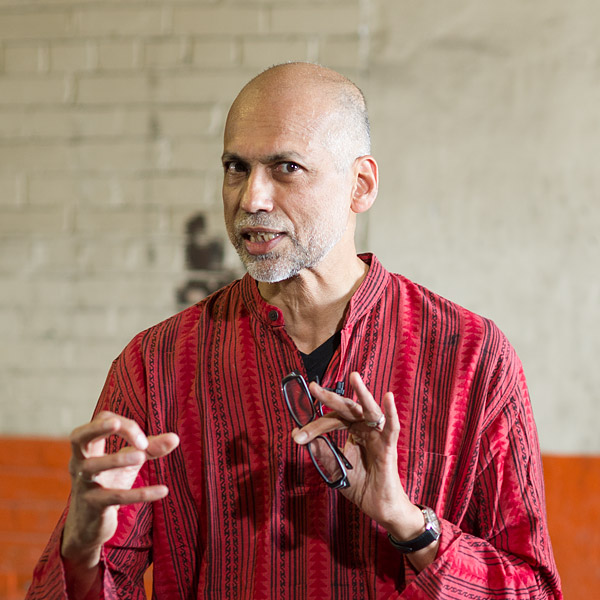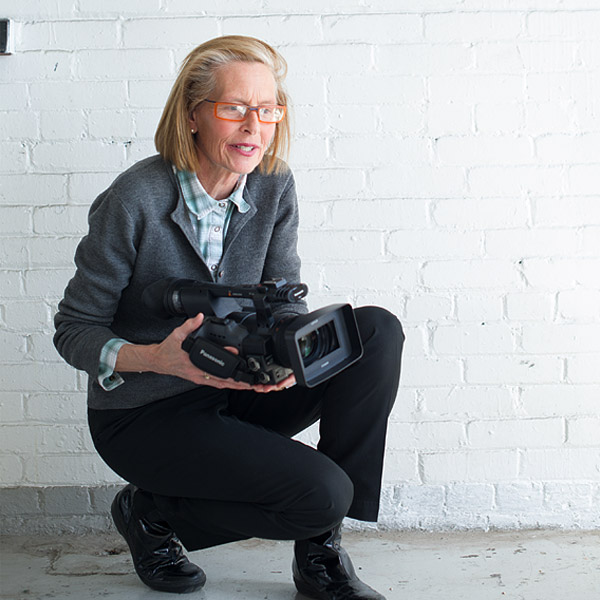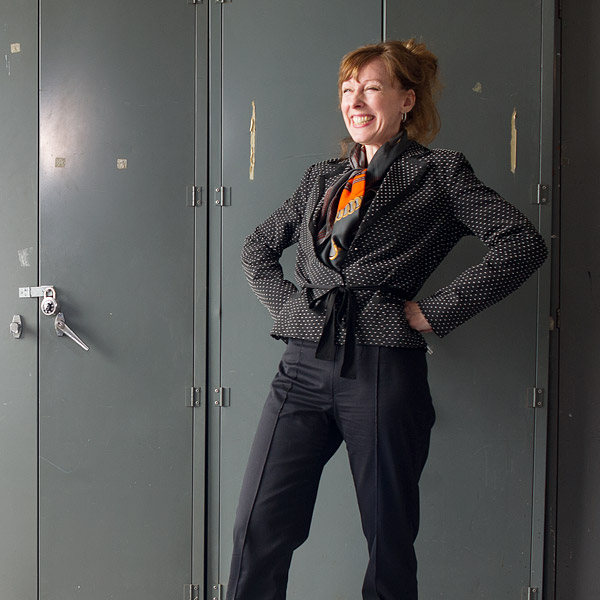Our Radical Year
President Robert A. Brown
Joining the AAU
What Price, Innovation?
Ruha Benjamin
Discovery Junkies
William Saturno
Dark End of the Spectrum
Helen Tager-Flusberg
Human Engineers
Dean Kenneth Lutchen
Unlocking Words
Abriella Stone
Cavewoman Walking
Jeremy DeSilva
The Politics of Listening
Ashish Premkumar
$1B Campaign
Stepping Up
Dean Maureen O’Rourke
Professor in the Coal Mine
Lucy Hutyra
Teaming up with edX
Clapping, Stomping, Twirling
Sajan Patel
Force Field
Sally Starr
The Computer Will See You Now
Dr. Brian Jack
Birth of an Artist
Jim Petosa
Elizabethan Time Machine
Diana Griffin
Joining the Patriot League
Healing Zambia
Donald Thea
Spring Break, Not
Jenne Bougouneau
Our Smartest Class
Creaky Nation
Julie Keysor
Melting Prison Bars
André de Quadros
Best of Both Worlds
Katie Matthews
Faculty Accolades
Film Frisson
Mary Jane Doherty
Financials
Saliva Solution
Eva Helmerhorst
Testing Fate
Catharine Wang
Our Radical Year
President Robert A. Brown
Joining the AAU
What Price, Innovation?
Ruha Benjamin
Discovery Junkies
William Saturno
Dark End of the Spectrum
Helen Tager-Flusberg
Human Engineers
Dean Kenneth Lutchen
Unlocking Words
Abriella Stone
Cavewoman Walking
Jeremy DeSilva
The Politics of Listening
Ashish Premkumar
$1B Campaign
Stepping Up
Dean Maureen O’Rourke
Professor in the Coal Mine
Lucy Hutyra
Teaming up with edX
Clapping, Stomping, Twirling
Sajan Patel
Force Field
Sally Starr
The Computer Will See You Now
Dr. Brian Jack
Birth of an Artist
Jim Petosa
Elizabethan Time Machine
Diana Griffin
Joining the Patriot League
Healing Zambia
Donald Thea
Spring Break, Not
Jenne Bougouneau
Our Smartest Class
Creaky Nation
Julie Keysor
Melting Prison Bars
André de Quadros
Best of Both Worlds
Katie Matthews
Faculty Accolades
Film Frisson
Mary Jane Doherty
Financials
Saliva Solution
Eva Helmerhorst
Testing Fate
Catharine Wang
Human Engineers
Dean Kenneth Lutchen redefines a “well-rounded education.”
close video
At the end of the day, we believe, it’s the responsibility of a university to give students not only a meaningful education, but a meaningful life. And BU’s College of Engineering (ENG) has been forging the path.
“The concept of a ‘societal engineer’ is so unique it’s been trademarked by the US Patent Office,” says Engineering Dean Kenneth Lutchen.
For the past five years, Lutchen has equipped his engineering students with extra tools, such as economic and communications acumen, global awareness, and an understanding of public policy and its impact on innovation. Taken together, this translates to social consciousness, he says. “If you don’t understand that, you haven’t invented a product that impacts society, you’ve just come up with a clever idea.”
“The concept of a ‘societal engineer’ is so unique it’s been trademarked by the US Patent Office,” says Engineering Dean Kenneth Lutchen.
This year, the College of Engineering, whose research funding has grown from $8.2 million in 1994 to $38.8 million in FY2013, has a slew of projects and programs that fit the mission. For example, a group of recent ENG grads launched an iPad app to help nonverbal patients communicate their needs; or the compact, inexpensive pharmaceutical lie detector being developed by biomedical engineering Associate Professor Muhammad Zaman to stem the tide of counterfeit antimalarial drugs.
Lutchen’s approach appears to be emerging as a moral lodestar, and not just for BU. “I regularly engage with leaders from other universities inquiring about the concept of the societal engineer, and see a growing number of institutions turning their engineering programs toward a focus on a future workforce to impact society,” he says.

